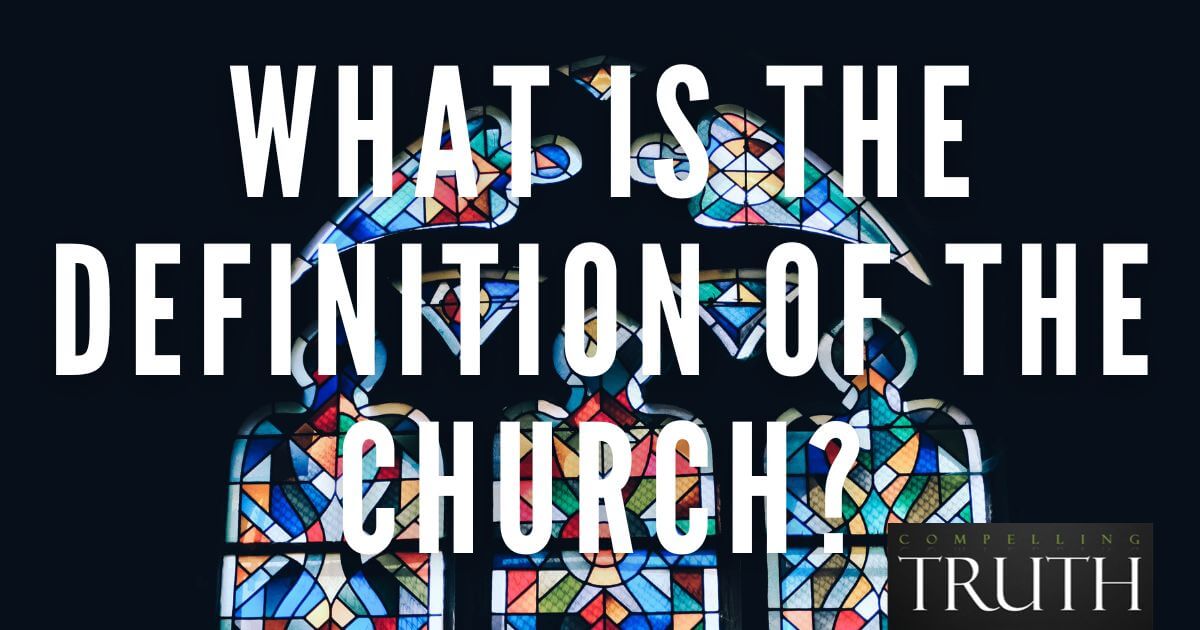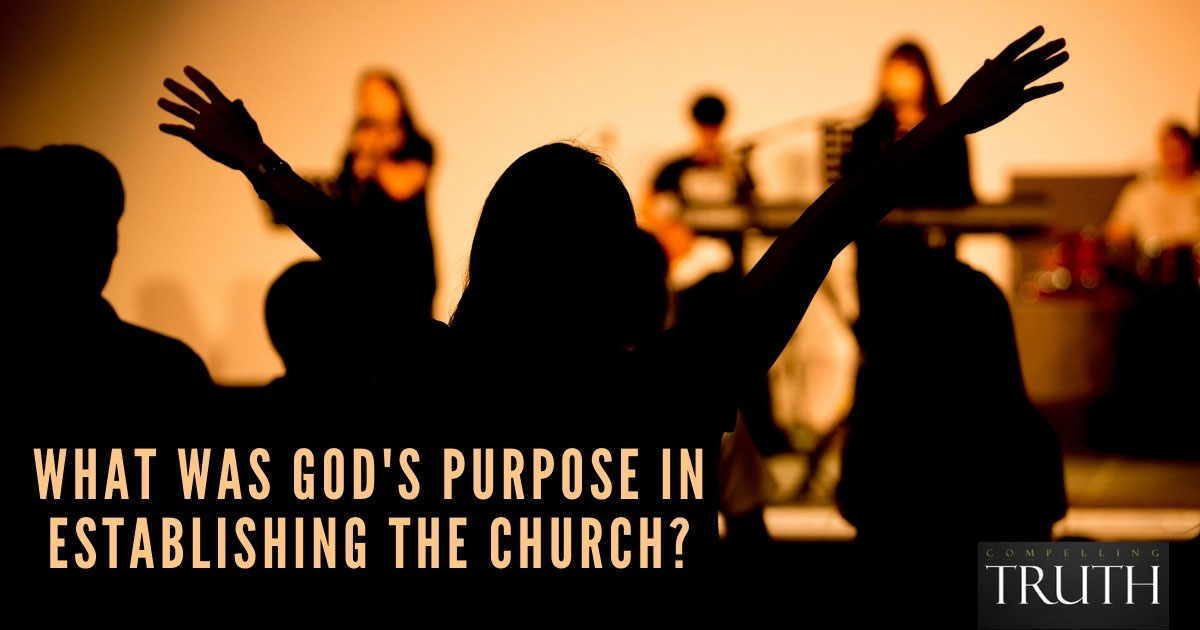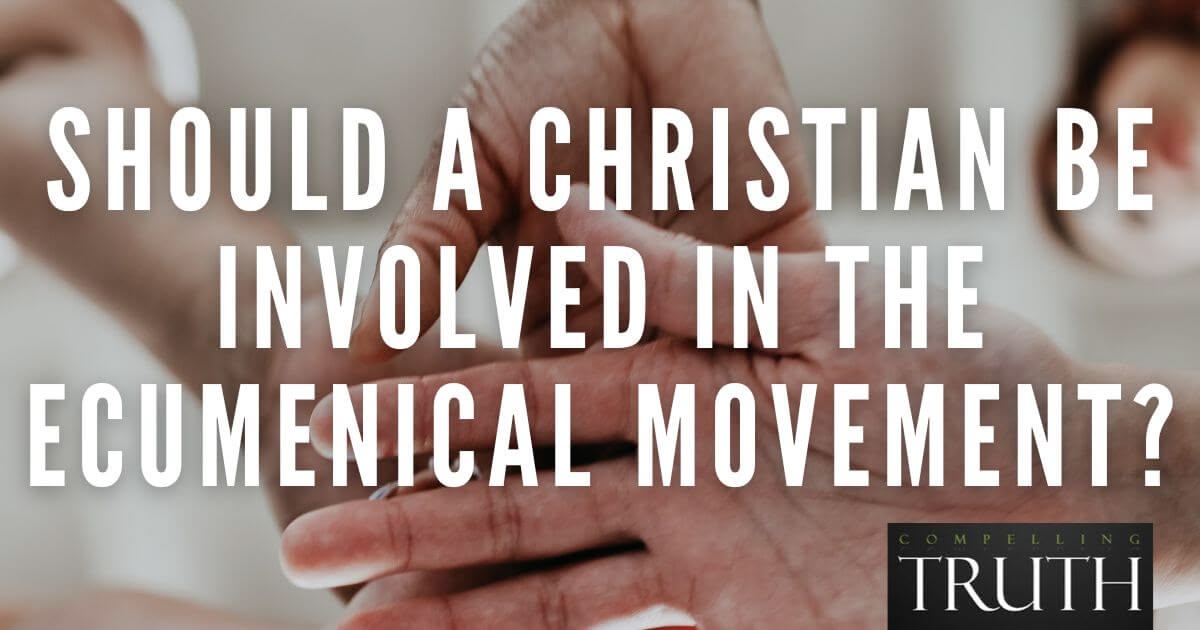The Bible provides many clear guidelines regarding the manner in which local churches are to be led. While Jesus Christ is the top authority of the church (Ephesians 1:22; Colossians 1:18), there is also a role for the people who lead local congregations.
In the beginning of the New Testament period, the apostles served as leaders of the first church in Jerusalem (Acts 2:42-47). As the number of Christians grew rapidly, the need arose for additional leadership (Acts 6:1-7). Soon, persecution and missionary activity caused the spread of local churches beyond Jerusalem, leading to the need for even more leaders. Two leadership roles are clearly defined in the New Testament: elders (also known as pastors or bishops) and deacons.
The specific types of church government in existence today, episcopal, presbyterian, and congregational, place different emphases on the roles of elder and deacon and their relationship to the congregation.
The two main passages that discuss the character qualities and responsibilities of these leadership roles are 1 Timothy 3:1-7 and Titus 1:5-9. Regarding the role of elders, 1 Timothy 3:1-7 says that the desire to serve as an elder is a noble ambition. The key character traits include integrity, marital faithfulness, clear thinking, self-control, respectfulness, hospitality, and the ability to teach. Disqualifications include the misuse of alcohol, a violent nature, an argumentative disposition, and greed. The elder must also lead his family well and not be a recent convert. Further, this passage is directed to men, indicating that elders were always male in the early church. There is also an emphasis on a plurality of elders (more than one church leader per location), reflective of the elders who served as local leaders in the Old Testament Jewish culture (Acts 14:23; 15:2; 20:17; Titus 1:5; James 5:14).
For deacons, similar integrity is expected, yet the role of teaching is not included. The emphasis for deacons appears to be non-teaching service to the church (similar to what is seen in Acts 6:1-7). Some argue that deacons can be male or female, interpreting the Greek word translated either "women" or "wives" in 1 Timothy 3:11 as referring to female deacons. Others argue the context of the verse plainly indicates the wives of the male deacons under discussion. This latter view is more likely accurate, though many Christian denominations include both male and female deacons due to differing interpretations of this passage and Romans 16:1.
The goal of church leaders is made clear in Scripture. Ephesians 4:12 says it is "to equip the saints for the work of ministry, for building up the body of Christ." First Timothy 6:20 and Jude 1:3 say an elder is to guard the purity of the doctrine passed down from the apostles. Elders are called to serve the local church through helping people to live out their faith. More than just a teacher, an elder trains his people to serve God and meet the needs of others. Deacons especially serve as examples and leaders in serving, freeing elders to focus more on teaching so the church may be best prepared to live out the teachings of the Lord Jesus Christ.
In the beginning of the New Testament period, the apostles served as leaders of the first church in Jerusalem (Acts 2:42-47). As the number of Christians grew rapidly, the need arose for additional leadership (Acts 6:1-7). Soon, persecution and missionary activity caused the spread of local churches beyond Jerusalem, leading to the need for even more leaders. Two leadership roles are clearly defined in the New Testament: elders (also known as pastors or bishops) and deacons.
The specific types of church government in existence today, episcopal, presbyterian, and congregational, place different emphases on the roles of elder and deacon and their relationship to the congregation.
The two main passages that discuss the character qualities and responsibilities of these leadership roles are 1 Timothy 3:1-7 and Titus 1:5-9. Regarding the role of elders, 1 Timothy 3:1-7 says that the desire to serve as an elder is a noble ambition. The key character traits include integrity, marital faithfulness, clear thinking, self-control, respectfulness, hospitality, and the ability to teach. Disqualifications include the misuse of alcohol, a violent nature, an argumentative disposition, and greed. The elder must also lead his family well and not be a recent convert. Further, this passage is directed to men, indicating that elders were always male in the early church. There is also an emphasis on a plurality of elders (more than one church leader per location), reflective of the elders who served as local leaders in the Old Testament Jewish culture (Acts 14:23; 15:2; 20:17; Titus 1:5; James 5:14).
For deacons, similar integrity is expected, yet the role of teaching is not included. The emphasis for deacons appears to be non-teaching service to the church (similar to what is seen in Acts 6:1-7). Some argue that deacons can be male or female, interpreting the Greek word translated either "women" or "wives" in 1 Timothy 3:11 as referring to female deacons. Others argue the context of the verse plainly indicates the wives of the male deacons under discussion. This latter view is more likely accurate, though many Christian denominations include both male and female deacons due to differing interpretations of this passage and Romans 16:1.
The goal of church leaders is made clear in Scripture. Ephesians 4:12 says it is "to equip the saints for the work of ministry, for building up the body of Christ." First Timothy 6:20 and Jude 1:3 say an elder is to guard the purity of the doctrine passed down from the apostles. Elders are called to serve the local church through helping people to live out their faith. More than just a teacher, an elder trains his people to serve God and meet the needs of others. Deacons especially serve as examples and leaders in serving, freeing elders to focus more on teaching so the church may be best prepared to live out the teachings of the Lord Jesus Christ.



